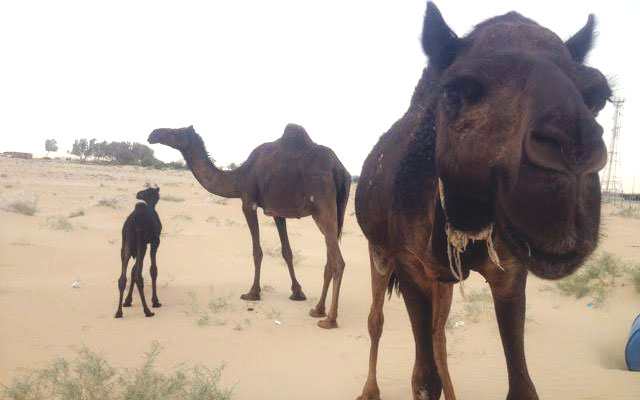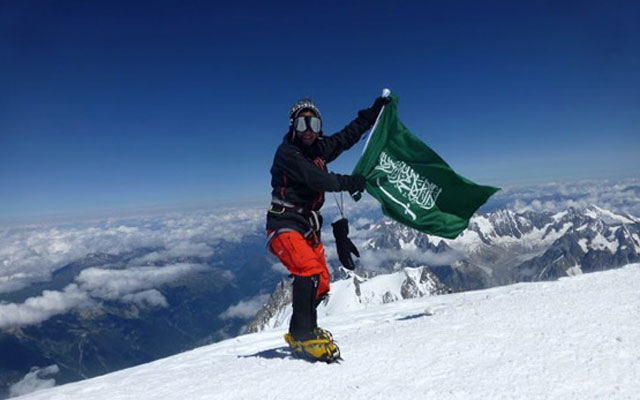In yesterday’s Arab News and Alsharq Al-Awsat, HRH Prince Turki Al Faisal defended the Kingdom of Saudi Arabia against some of U.S. President Barack Obama’s disparaging comments quoted in the recent Atlantic article, “The Obama Doctrine.”
In the article, President Obama declared that “free riders” – that is, other countries, which by clear implication he included Saudi Arabia and an unspecified number of additional Arab allies – “aggravate me.” Obama stressed that he wants such countries to take action for themselves, rather than wait for the United States to lead.
As Prince Turki points out – but which the article overlooks, ignores, or downplays – this is exactly what Riyadh has done. In keeping with American intelligence and targeting assistance that the president himself authorized, Saudi Arabia has responded to the threat represented by Iran-backed insurgent rebels along the kingdom’s southern border. The kingdom has also been the sole country thus far to contribute to the New York-based United Nations Counter Terrorism Implementation Task Force – to the tune of $100 million.
In addition, the kingdom has initiated the formation of a multi-country coalition numbering nearly two dozen Arab and Islamic countries designed specifically to fight terrorism and terrorists wherever they appear, including within Saudi Arabia itself. Further, not mentioned are the steps Riyadh has recently taken alongside the armed forces representatives of more than two dozen other Arab and other Islamic allied countries. For the second year in succession, the representatives witnessed the kingdom’s mobilization and deployment of more than 130,000 of its armed services personnel. This demonstrates precisely the kinds of defense capabilities that Washington officialdom has long stated it wishes to see manifested by and within the kingdom and other GCC countries.

HRH Prince Turki Al Faisal speaking at the National Council on U.S.-Arab Relations’ Annual Arab-U.S. Policymakers Conference.
What Prince Turki did not point out but other prominent Saudi Arabians have is how Obama administration officials, in contrast to the president’s recent remarks, have repeatedly commended Saudi Arabia in ways other than those noted. They have done so in regard to the kingdom’s creative approach to doing what it can to end the scourge of extremist violence within and beyond its borders.










